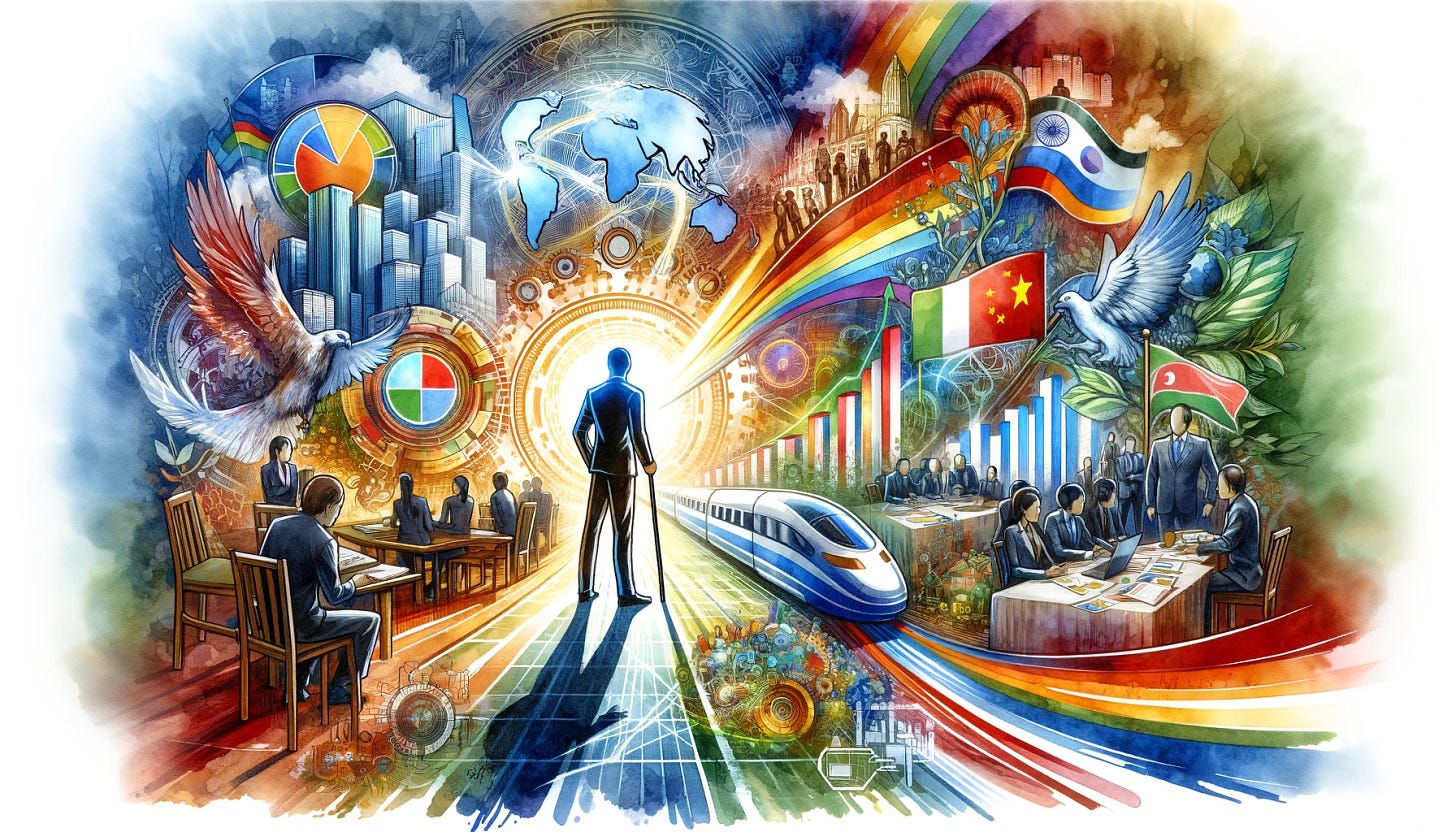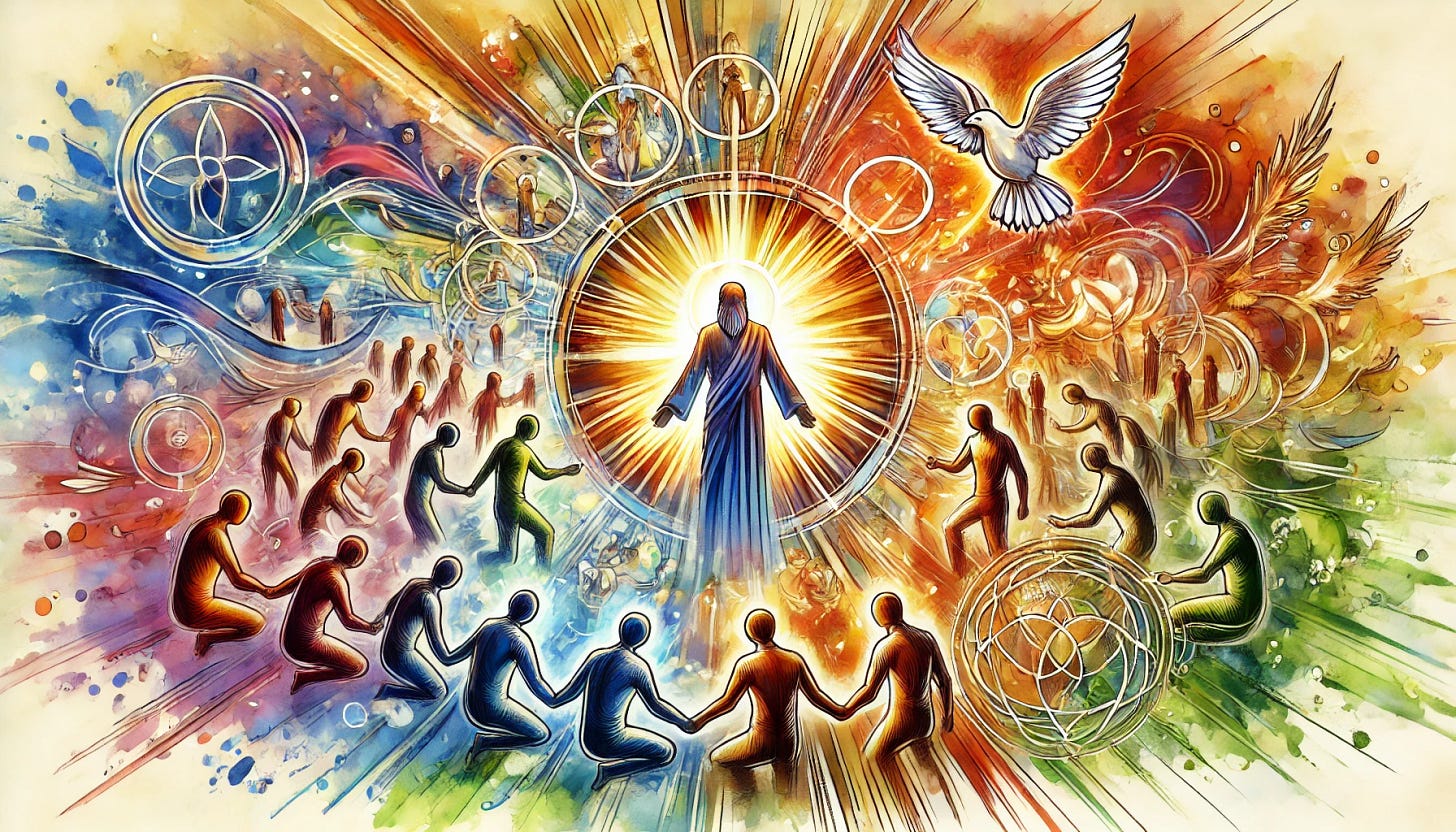Ziklag T7.30 Viktor Orbán's Hungary
Trust, Hiding and Hate
SOS Discipline - Daily Proverb and Red Letter Reader
A man with two faces cannot be trusted. He cannot hide himself forever. cf Pr. 11:9
Loving others does not mean not being hated. cf Mt. 10:22
Key Points from the Lecture given by the "Christian Nationalist" Prime Minister of Hungary, Viktor Orbán at the 33rd Bálványos Summer Free University and Student Camp
It is unique to see a modern nation-state present a positive Christian vision for the future. The following is a simple summation of the PM’s speech.
European Union and Peace Efforts
Criticism from Brussels: The Hungarian peace mission has been condemned by Brussels despite its foundation on Christian duty and the EU’s peace aims.
Peace Initiatives: Despite criticism, Hungary’s peace efforts have initiated dialogue between the US and Russia, and other significant diplomatic engagements.
Diplomatic Relations and Economic Progress
Improved Diplomatic Relations: Unlike last year, there were no diplomatic disputes with Romania; instead, there was a constructive meeting with the Romanian Prime Minister.
Economic Growth: Hungary-Romania economic relations are strong, with Romania now Hungary’s third most important economic partner.
Future Projects: Discussions included plans for a high-speed train between Budapest and Bucharest and Romania’s potential Schengen membership.
Major Global Issues
War and Reality: The war in Ukraine has illuminated harsh global realities, revealing the true dynamics of power and politics.
Post-War Future: Questions arise about the world order post-war and Hungary’s preparations for this new era.
Hungary’s Strategy: Emphasizes the need for Hungary to develop a comprehensive strategy to navigate the upcoming global changes.
European Policy and Leadership Dynamics
Shift in Power: The traditional Franco-German axis in Europe is being replaced by a new power center involving the UK, Poland, and the Baltics.
US Influence: European policy-making is increasingly influenced by US interests, sometimes at the cost of Europe’s own needs.
Western and Central European Perspectives
Nation States vs. Post-Nationalism: Central Europeans, including Hungary, value nation states and sovereignty, while Western Europe moves towards post-nationalism.
Western Challenges: The West faces issues of disintegration and spiritual solitude, with internal conflicts between elite and populist sentiments.
Global System Change
Asian Ascendancy: Asia, particularly China, is emerging as the new global power center, changing the dynamics established over the past five centuries.
US Strategy: Potential future US strategies under Trump could focus on rebuilding North America rather than maintaining global supremacy.
Europe’s Role: Europe must choose between becoming an "open-air museum" or pursuing strategic autonomy to compete globally.
Hungary’s National Strategy
Opportunity, Not Threat: The global system change is seen as an opportunity for Hungary to pursue an independent, nationally-oriented policy.
Grand Strategy: Hungary needs a comprehensive strategy focusing on connectivity, economic sovereignty, and societal resilience.
Cultural Preservation: Emphasizes the importance of maintaining Hungary’s national character, culture, and religious values amidst global changes.
Concluding Remarks
Youth and Future Leadership: The success of Hungary’s grand strategy relies on engaging and recruiting the next generation of nationalistic leaders who are prepared to uphold these values and goals.





